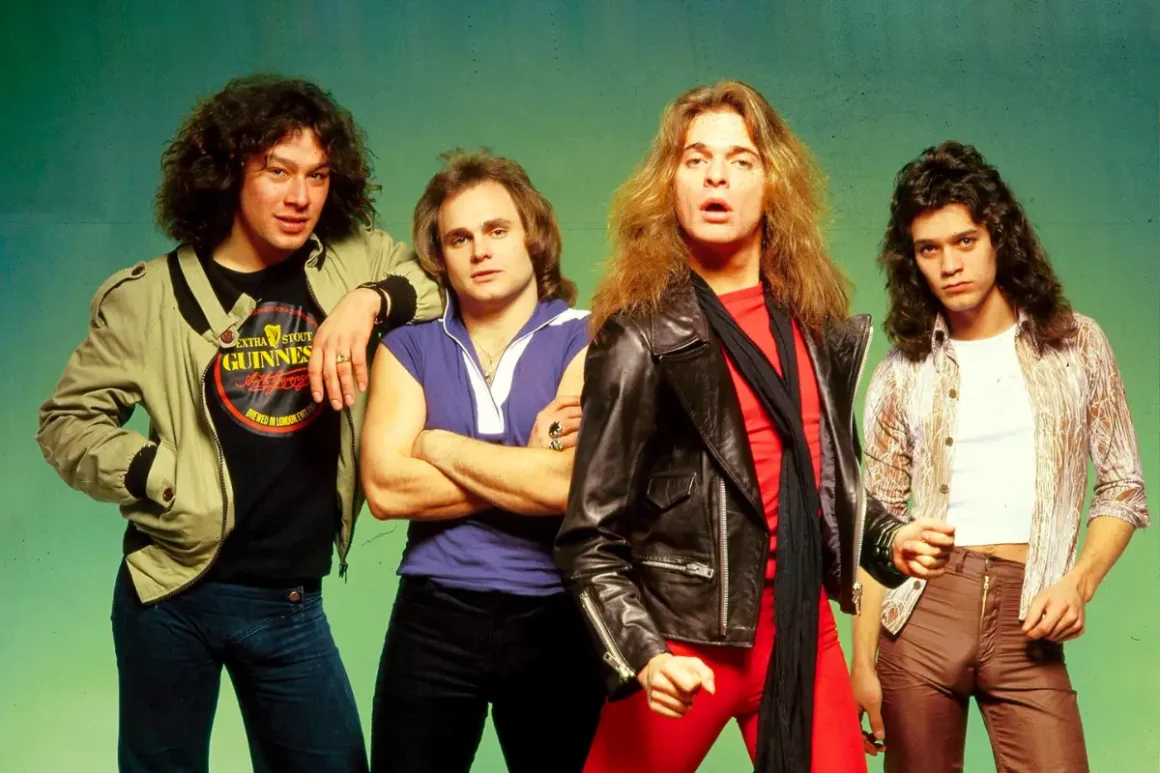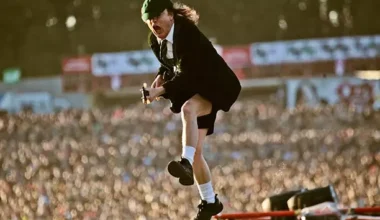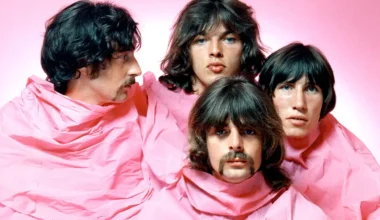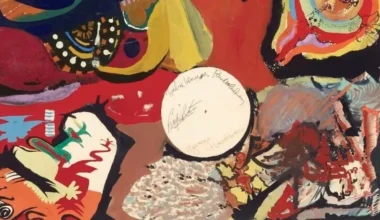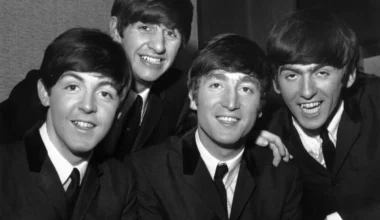Back in the 1970s, when heavy metal was still evolving, Van Halen served as the entry point for many rock fans who weren’t accustomed to the genre’s intensity.
While there’s a debate among some about whether the band leaned more towards hard rock than metal, the sheer power of songs like “Ain’t Talkin Bout Love” and “Atomic Punk” managed to introduce the typical hard rock audience to heavier sounds. Even though Van Halen had a lighter touch compared to their contemporaries, they didn’t always produce radio-friendly tunes.
Their first two albums followed a similar formula when it came to songwriting. They aimed to capture the energy of their live performances for their debut, resulting in a collection of impromptu renditions of soon-to-be classics. The entire album felt like one continuous party from start to finish.
Van Halen II, largely composed of songs dating back to their original demos due to their tight album release schedule, even included a cover of Linda Ronstadt’s “You’re No Good” as the opening track. However, when it was time for a proper follow-up, Van Halen delved into their heavier side.
Throughout “Women and Children First,” Eddie Van Halen unleashed electrifying riffs reminiscent of Black Sabbath and Led Zeppelin. While the album didn’t receive as much airplay, one of its memorable tracks on classic rock radio was “Everybody Wants Some!”
A staple of the band’s live shows, the song was more experimental than their previous work, featuring a weighty verse driven by Alex Van Halen’s drums before launching into a spirited chorus. Their studio recording didn’t lack excitement either.
During the recording, David Lee Roth simultaneously recorded two vocal takes. One captured the blown-out verses, and the other was reserved for the conversational segments of the track, where it seemed Roth was chatting with a lady friend.
As the song faded out, Roth unintentionally let a certain four-letter word slip, exclaiming, “Come on, I’ll pay you for it; what the heck?” before the sound was swiftly muted. Although the band released the song as a single, the radio stations never detected the hidden swear word on the record.
Hidden beneath layers of distortion and quickly muted, it became a little secret for fans to listen for towards the end of the track. While some might consider it a slip-up, Roth perhaps felt that time spent re-recording was better invested on the stage.
There were even a few inadvertent hiccups in the final recording, like when Roth kicked off the second verse but stumbled over the words, resulting in complete gibberish for the first part of his phrase. Despite any reservations some radio programmers might have had about Roth’s swearing, it didn’t prevent Van Halen from dominating the global music scene for the next decade.

